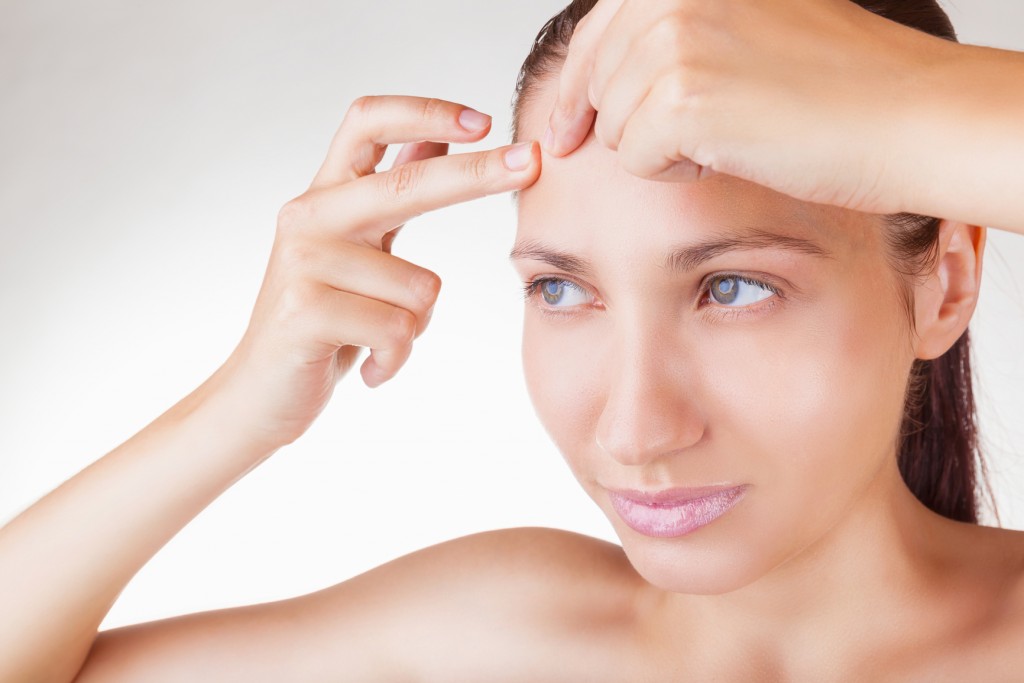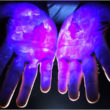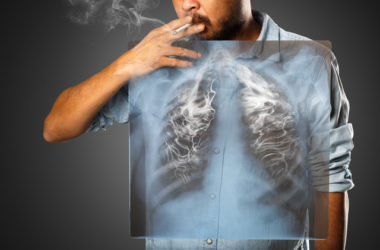Waking up with zits on your face messes up your good morning. Stop fretting. Check if you are doing these bad habits before bedtime that may cause your morning breakouts.
- You sleep without changing your more than a week pillowcase.
Your pillowcase can be a culprit for your morning breakouts. It gathers dirt, dust and oil from your hair that can be a breeding ground for bacteria. To prevent breakouts, change your pillowcase at least once a week and use satin pillowcase as much as possible. This fabric won’t absorb moisture like cotton. It will also help reduce chaffing on the skin.
- You sleep on the side or stomach.
Sleeping on the aforementioned positions exposes your skin to the oil from your hair, leading to facial breakouts. Whenever you sleep at night, sleep on your back with your hair pulled away from your face to get rid of zits.
- You go to bed without washing your face.
Skin experts always remind us to wash our face twice daily. Cleansing your face allows you to remove bacteria that stay on your skin and prevent breakouts.
- You use same washcloth twice.
Do not use same face towel or washcloth to your face. Use fresh towel every time you wash your face. Using the same washcloth earlier in the day transfers the bacteria you have removed back to your skin.
- You eat late night snacks.
Eating sweets or any sugary food before bedtime can surge blood sugar levels and create inflammation. This contributes in worsening conditions such as acne. Eating before bedtime also increases energy levels that affect your sleep. Getting insufficient sleep makes your body release glucocortisoid, a steroid that can aggravate breakouts.
- You use your smartphone before bedtime.
Taking your smartphone to bed can put your skin to dangers. The bacteria found on cell phones make you prone to breakouts especially around the mouth and cheeks. If you need to use your phone before bed, give the screen a swipe with an alcohol-based wipe or check out phone wipes available in the market.
- You sleep holding on with the TV’s remote control.
Like your cell phone, remote controls are loaded with bacteria that can easily transmit to your fingers and then to your face, putting yourself at risk for breakouts and blemishes. Avoid sleeping with TV on. In addition, wash your hands after handling a remote and do not forget to wipe it down with antibacterial wipes at least once a week.
- Your room’s ventilation is insufficient.
Warm room will cause your pores to contract and expand. Of course, warm temperature makes you sweat. Once sweat gets in the way, your pores clog, making you prone to blackheads and breakouts. The ideal room temperature should be 65 to 68 degrees Fahrenheit or 18 to 20 degrees Celsius.
- You think too much of stress.
Thinking of the things that stresses you increases oil production in your skin and promotes inflammation. Before you go to bed, do some relaxing meditation or listen to relaxing music to relieve you from stress as well as avert you from morning zits.
- You sleep late and wake up too early.
Not getting enough sleep accelerates glucocorticoid production that leads to breakouts. Always aim to get at least 7-8 hours of sleep every night to avoid breakouts.
- You pick that pimple the night before.
Resist the urge to pop that zit on your face. According to dermatologist, popping your existing zits will make them look worse in the morning and they can lead to scarring. When you spot on a pimple with pus, put a warm compress and apply a drying or spot treatment that contains salicylic acid, benzoyl peroxide or sulfur.
- You are too harsh on your skin.
Stop using abrasive scrubs, harsh cleansers or alcohol-based toners in cleansing your face. These products can stimulate sebaceous gland to go into overdrive and lead to more morning breakouts. Use mild cleanser with salicylic acid to help open pores and take out trapped dirt and oil to your skin.













